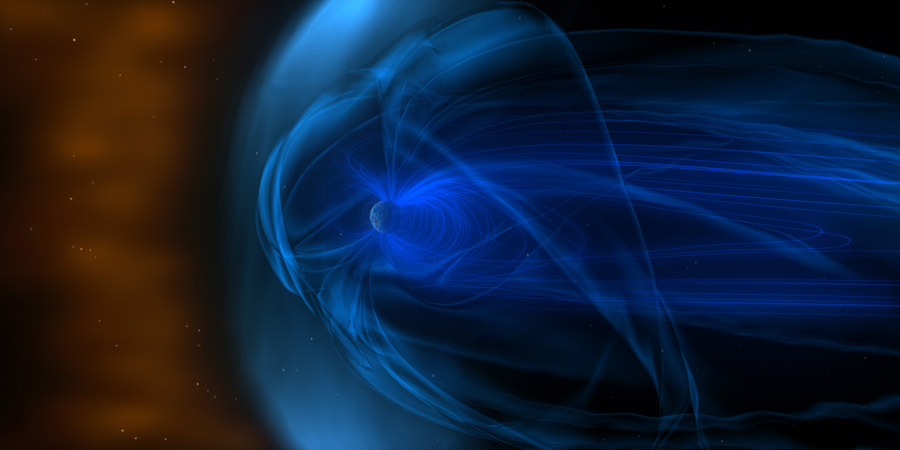CME impact imminent, Two more earth-directed CMEs
Friday, 10 May 2024 15:46 UTC

A quick update on the current solar activity and the expected geomagnetic conditions in the coming days.
Coronal mass ejection impact imminent
The first of the anticipated coronal mass ejections has arrived at STEREO Ahead, a satellite slightly closer to the Sun than DSCOVR. The impact has been significant there with a maximum interplanetary magnetic field Bt value of 41nT and a minimum Bz value of -33nT at the time of writing. If we see similar values at Earth (which we should) this is certainly going to cause a significant geomagnetic storm where severe G4 geomagnetic storm conditions (Kp8) are absolutely possible! Charge your camera batteries and keep an eye on the data right here on the SpaceWeatherLive website or download our app from your Android or iOS store. This could become one of the strongest geomagnetic storms of this Solar Cycle with aurora visible from many locations in central Europe this evening!
Two more earth-directed coronal mass ejections
Sunspot region 3664 continues its old trick today of being a major flare producer. Since our news article yesterday it produced two more eruptive X-class events. One being the X1.1 event mentioned at the end of yesterday's news article and today's largest event thus far was an eruptive X3.9 solar flare which peaked at 06:53 UTC. Both of these events were eruptive and launched asymmetrical halo coronal mass ejections into space which also have an earth-directed component. Due to the location of sunspot region 3664, the bulk of these CMEs are directed towards the south-west but we do expect these to arrive at Earth as well. That means there are now six, yes six, coronal mass ejections that have a good chance to pass our planet in the days ahead. It will likely be impossible to tell them apart but space weather at Earth is going to be messy during the next 5 days or so with geomagnetic storm conditions up to the severe G4 (Kp8) geomagnetic storm level expected.
Thank you for reading this article! Did you have any trouble with the technical terms used in this article? Our help section is the place to be where you can find in-depth articles, a FAQ and a list with common abbreviations. Still puzzled? Just post on our forum where we will help you the best we can!
Latest news
Latest forum messages
Support SpaceWeatherLive.com!
A lot of people come to SpaceWeatherLive to follow the Sun's activity or if there is aurora to be seen, but with more traffic comes higher server costs. Consider a donation if you enjoy SpaceWeatherLive so we can keep the website online!

Space weather facts
| Last X-flare | 2025/03/28 | X1.1 |
| Last M-flare | 2025/04/15 | M1.2 |
| Last geomagnetic storm | 2025/04/16 | Kp8- (G4) |
| Spotless days | |
|---|---|
| Last spotless day | 2022/06/08 |
| Monthly mean Sunspot Number | |
|---|---|
| March 2025 | 134.2 -20.4 |
| April 2025 | 120.5 -13.7 |
| Last 30 days | 116.6 -25.7 |


